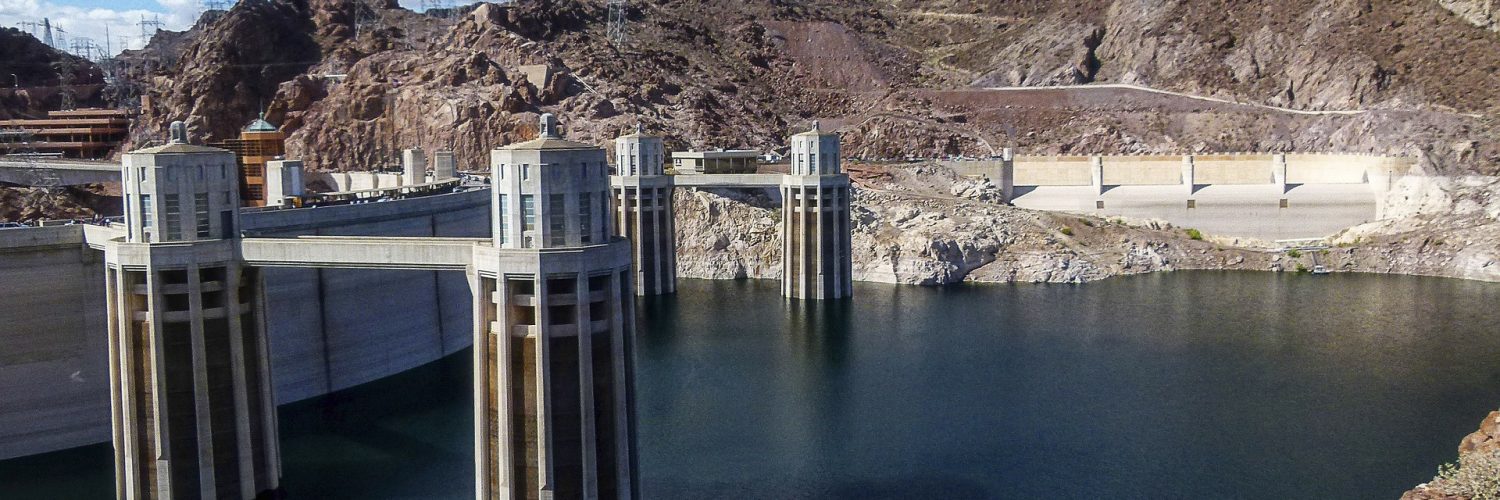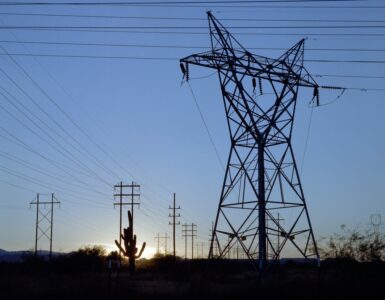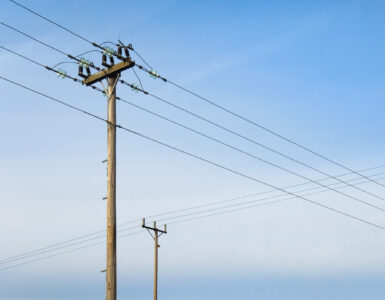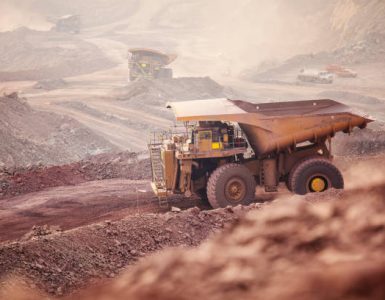A monumental effort to protect Arizona’s share of the dwindling Colorado River was shepherded by two longtime state water officials: Tom Bushatzke, the director of the Arizona Department of Water Resources, and Ted Cooke, the general manager of the Central Arizona Project.
To honor their immense work, which cleared the way for the now-enforceable seven-state Drought Contingency Plan (DCP), the Arizona Chamber of Commerce and Industry awarded the duo its 2019 Transformational Initiative Award.
The Chamber’s Transformational Initiative award recognizes legislators, public officials and business leaders who demonstrate transformational leadership by “creating a vision for positive change” in Arizona.
Buschatzke and Cooke were responsible for co-chairing a 40-member statewide steering committee of competing water interests to negotiate Arizona’s part of the multi-state-and- Mexico drought agreement. The DCP is binding federal legislation that lays out how states and water suppliers will conserve water in the river’s reservoirs to avert shortages.
The new agreement is designed to keep water elevations stable for another seven years at the Colorado River’s two storage lakes, Lake Mead and Lake Powell.
Mother Nature drying up water supplies
Under old drought guidelines, the lakes were expected to dip to crisis levels by 2021 or 2022.
Under the new DCP guidelines, that risk has been reduced 50 percent, according to the federal Bureau of Reclamation Commissioner Brenda Burman.
Last June, the Bureau stepped in when new projections showed water shortages were likely coming a decade sooner than expected. A 19-year drought has been shrinking levels dangerously low at the river’s two large storage “tanks,” Lake Mead and Lake Powell.
Arizona had the most to lose. As a state with the lowest rights to Colorado River, it receives the largest cut to supplies during a shortage. A 40-member steering committee was formed with representatives from tribes, cities, water districts, developers, homebuilders, farmers and legislators worked for months to hammer out agreements to conserve water.
On Jan. 31, the state legislature and Gov. Doug Ducey signed Arizona’s part of the agreement. The U.S. Congress and President Donald Trump then approved it in April.
All parties agreed to conserve, share or sell water supplies to protect lake levels. The new DCP framework also adds a new layer of protection. Water supplies now will be reduced when the lake reaches a new higher tier level.
Through patience and persistence, Director Buschatzke and General Manager Cooke stayed on task. They continue to oversee the final details and monitor the implementation of the DCP.
On to the next huge water task
Now, they face an even greater responsibility. Negotiations for the next DCP in 2026 are scheduled to start next year.
Mother Nature will continue to play a big part. But there is a strong certainty that Arizona faces a drier future, Buschatzke and Cooke have stated repeatedly.
“While some of us might have a hard time using the ‘climate change’ word, that’s what this is about,” Buschatzke told an audience of Colorado River water experts this month.
Among the most valuable lessons learned, he said, is to have a wide range of water interests involved in negotiations including tribes, and to make negotiations as transparent as possible.
Six others received awards this year from the Chamber:
Milton Friedman Award: Governor Doug Ducey
Best City for Business in Arizona: Town of Gilbert
Volunteer of the Year: Michelle Bolton, Director of Government Affairs, Cox Communications Southwest Region
Representative of the Year: Arizona State Representative Warren Petersen (LD-12)
Senator of the Year: Arizona State Senator Vince Leach (LD-11)
Special Recognition Award for Water Advocacy: Arizona State Senator Lisa Otondo (LD-4)
















Add comment